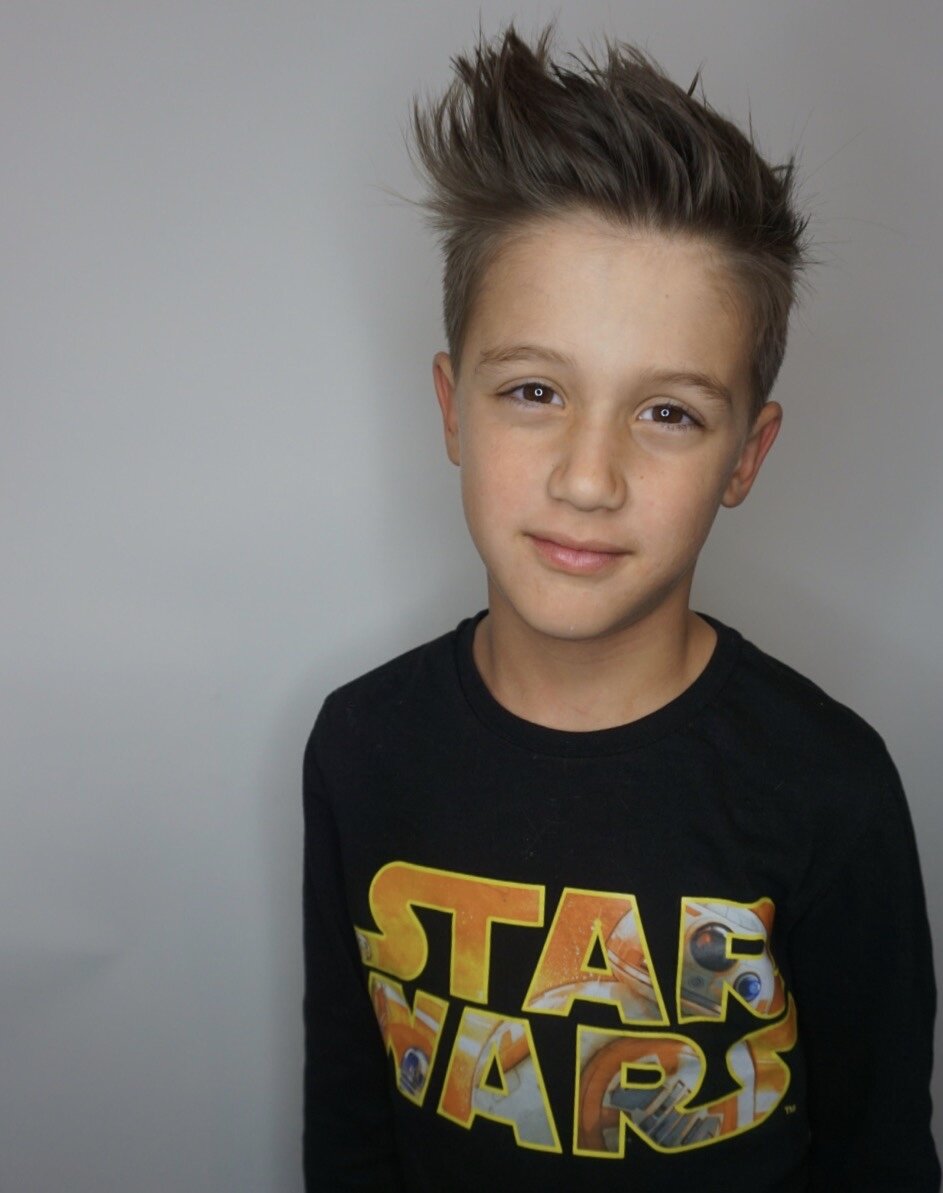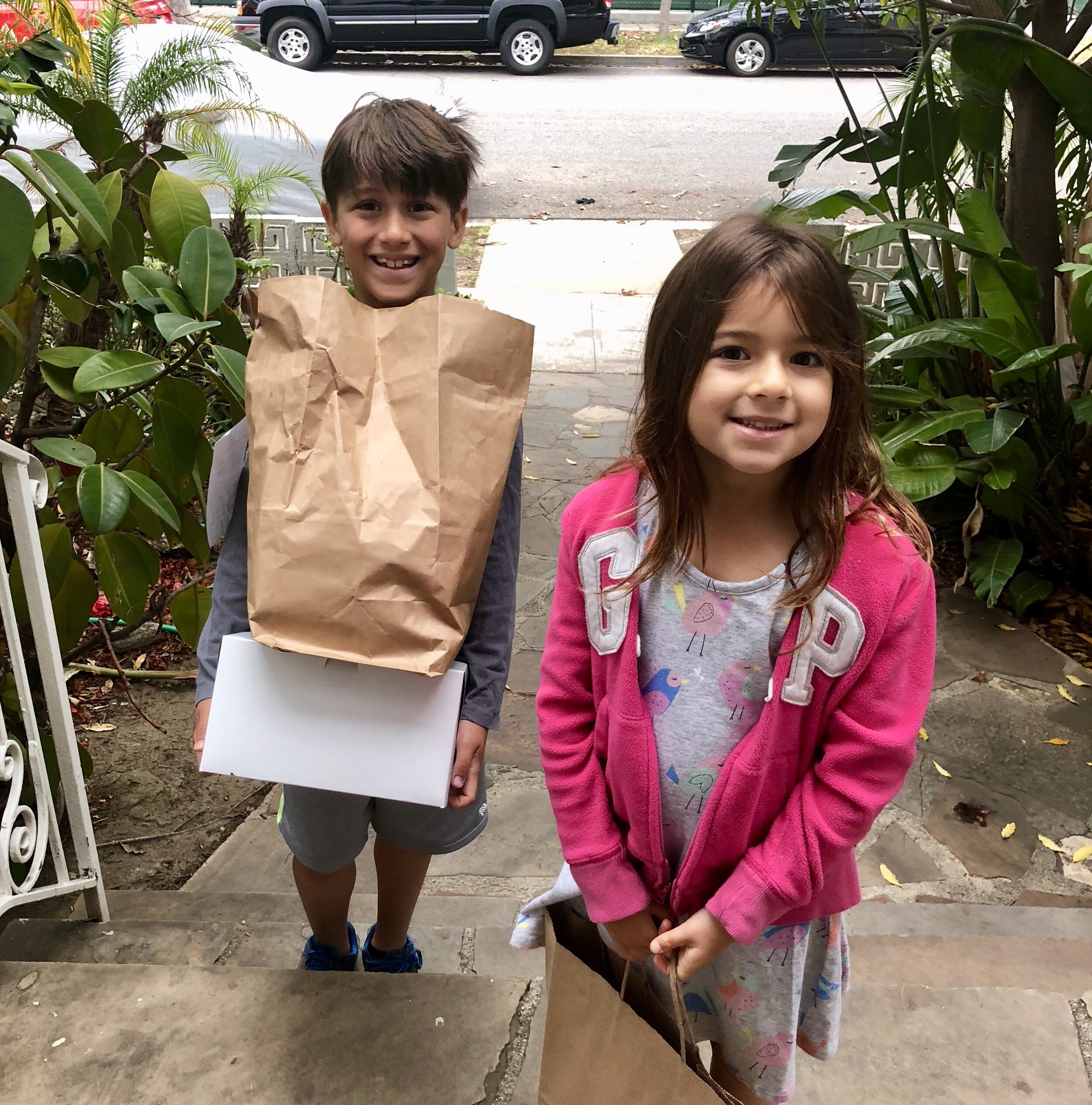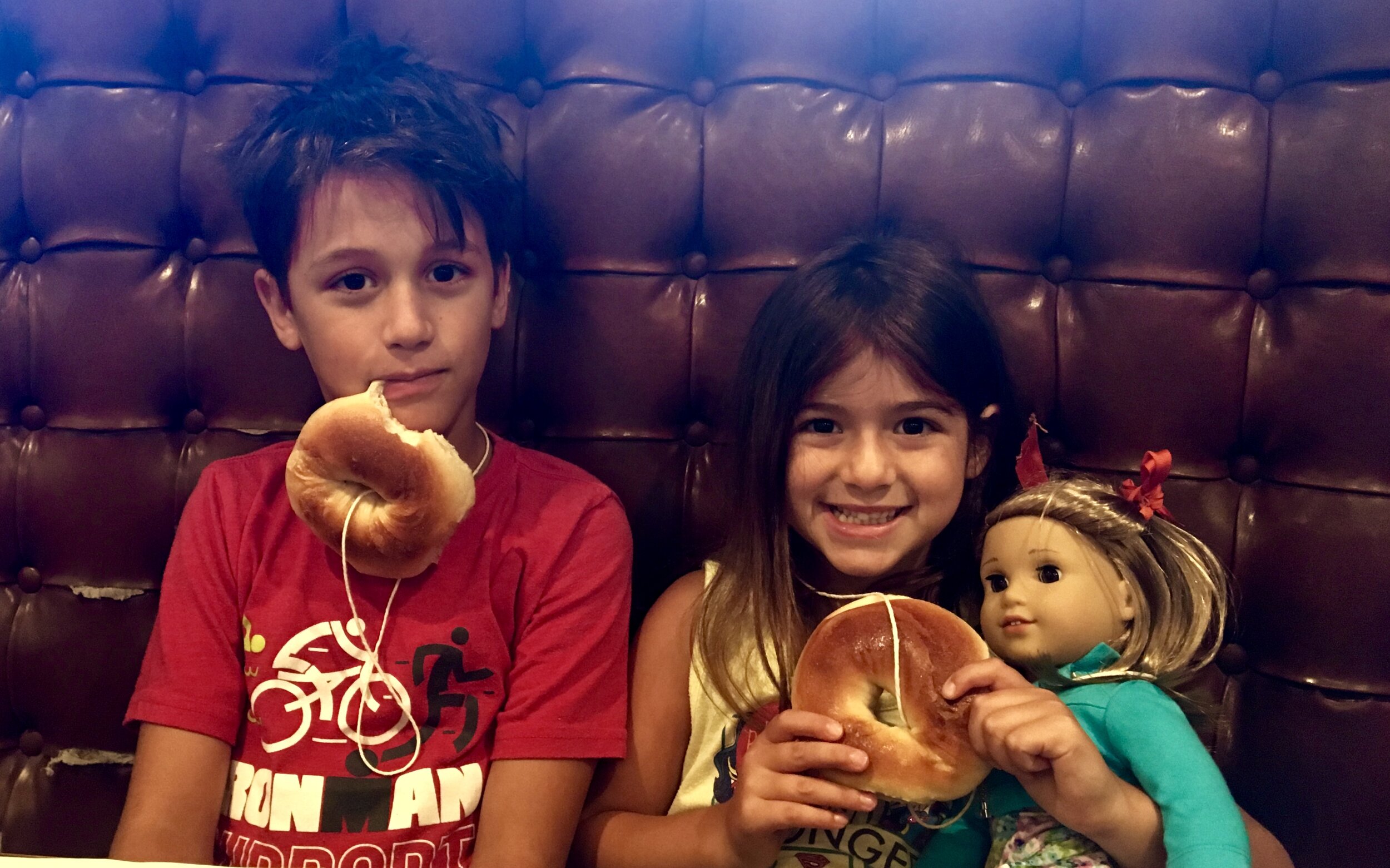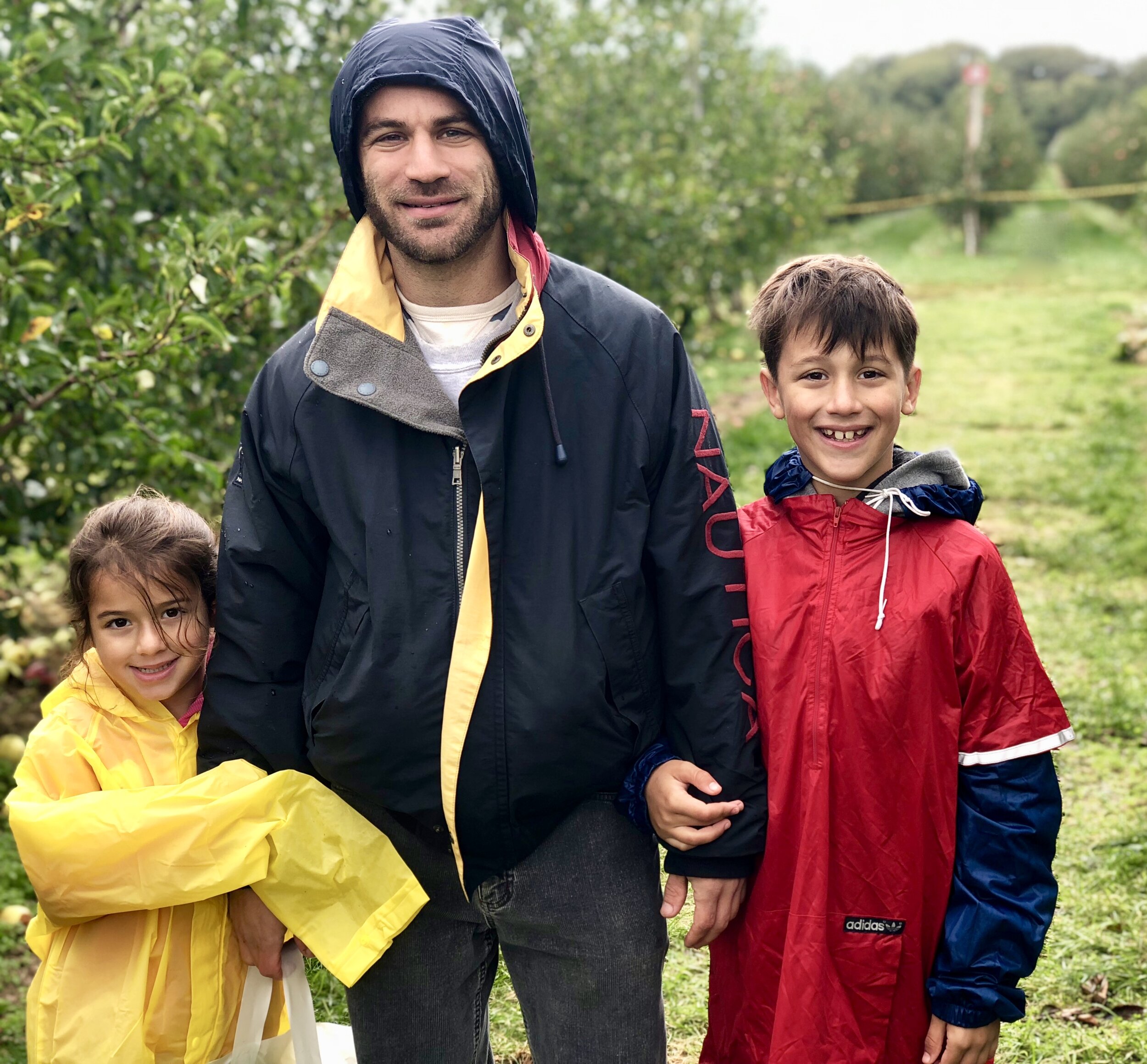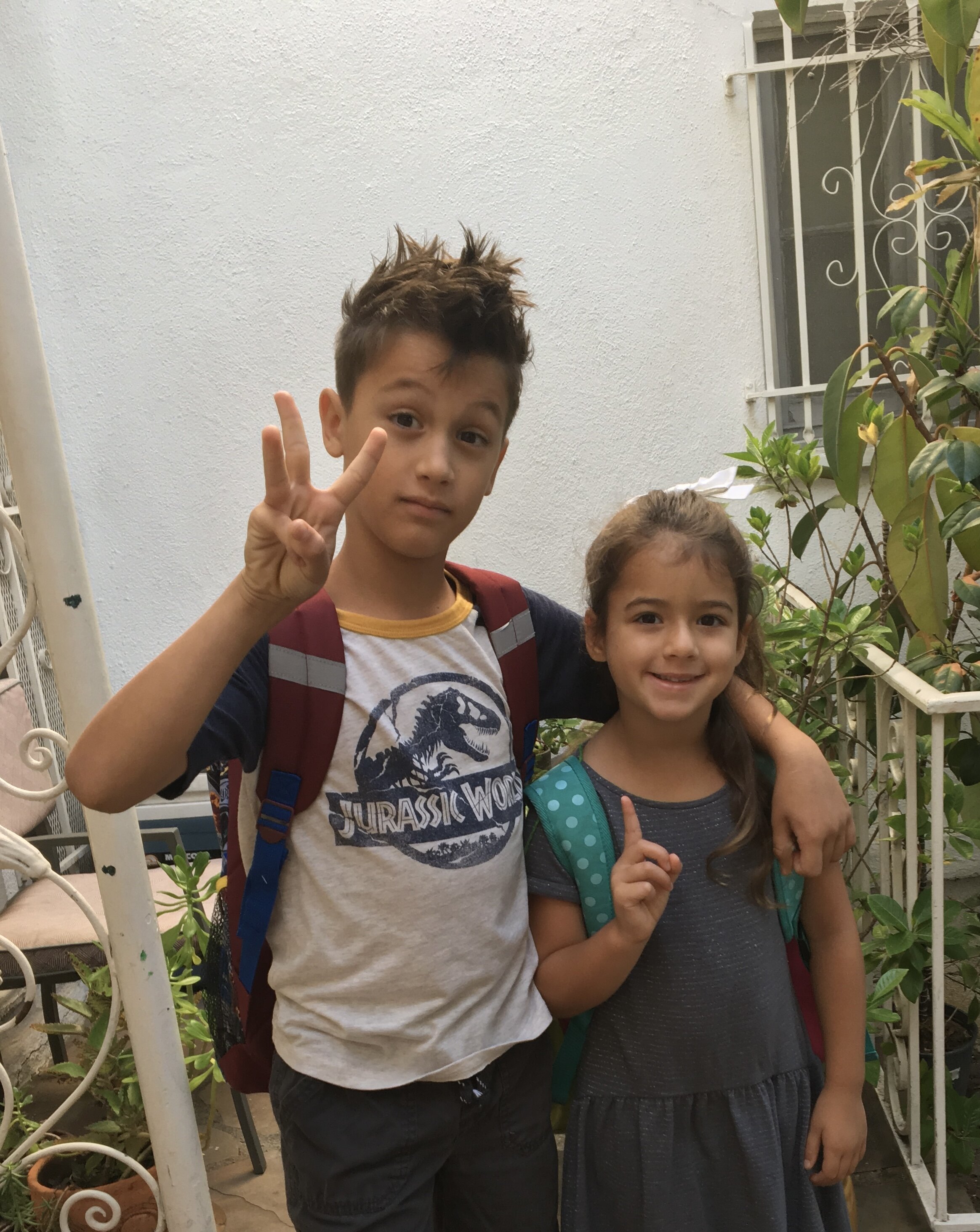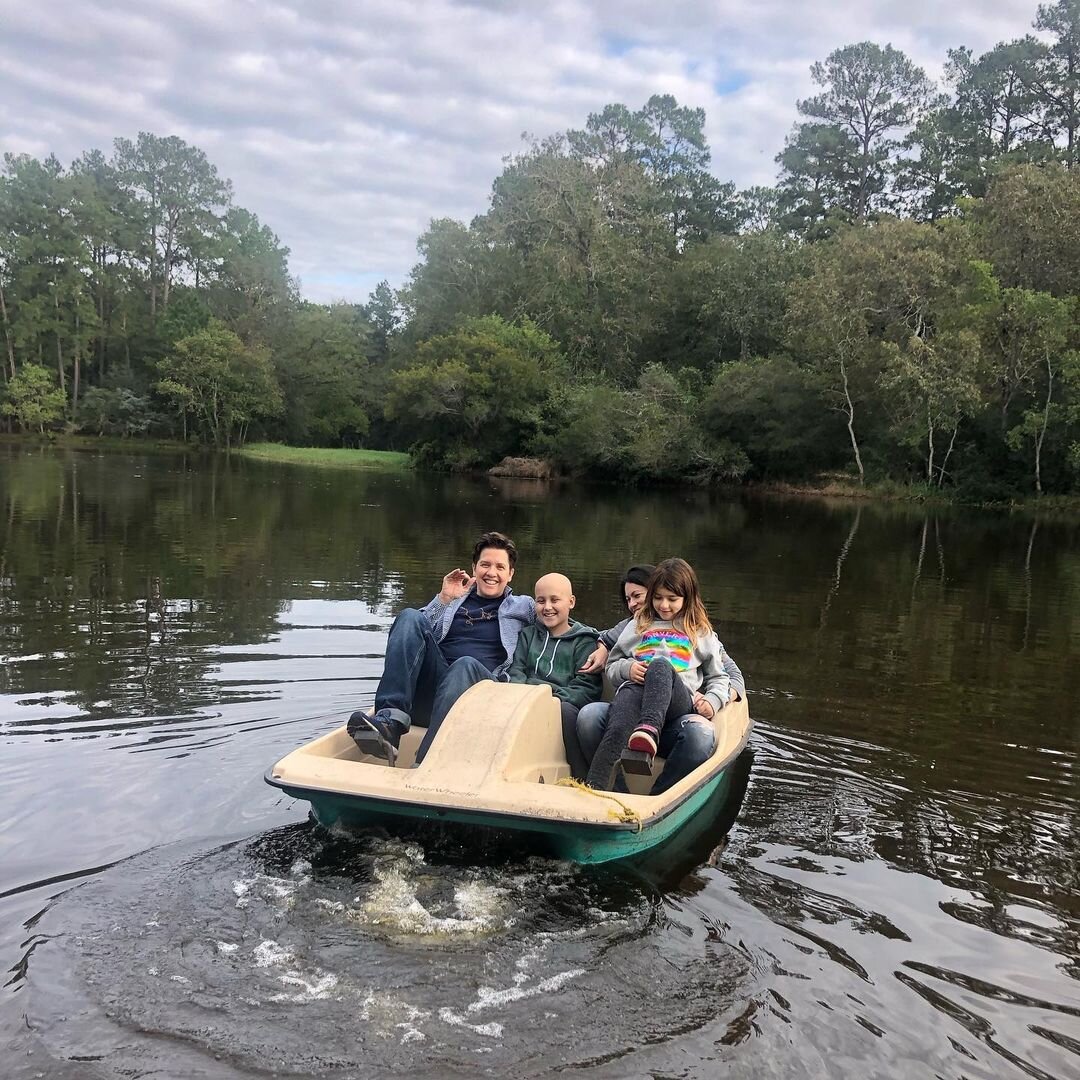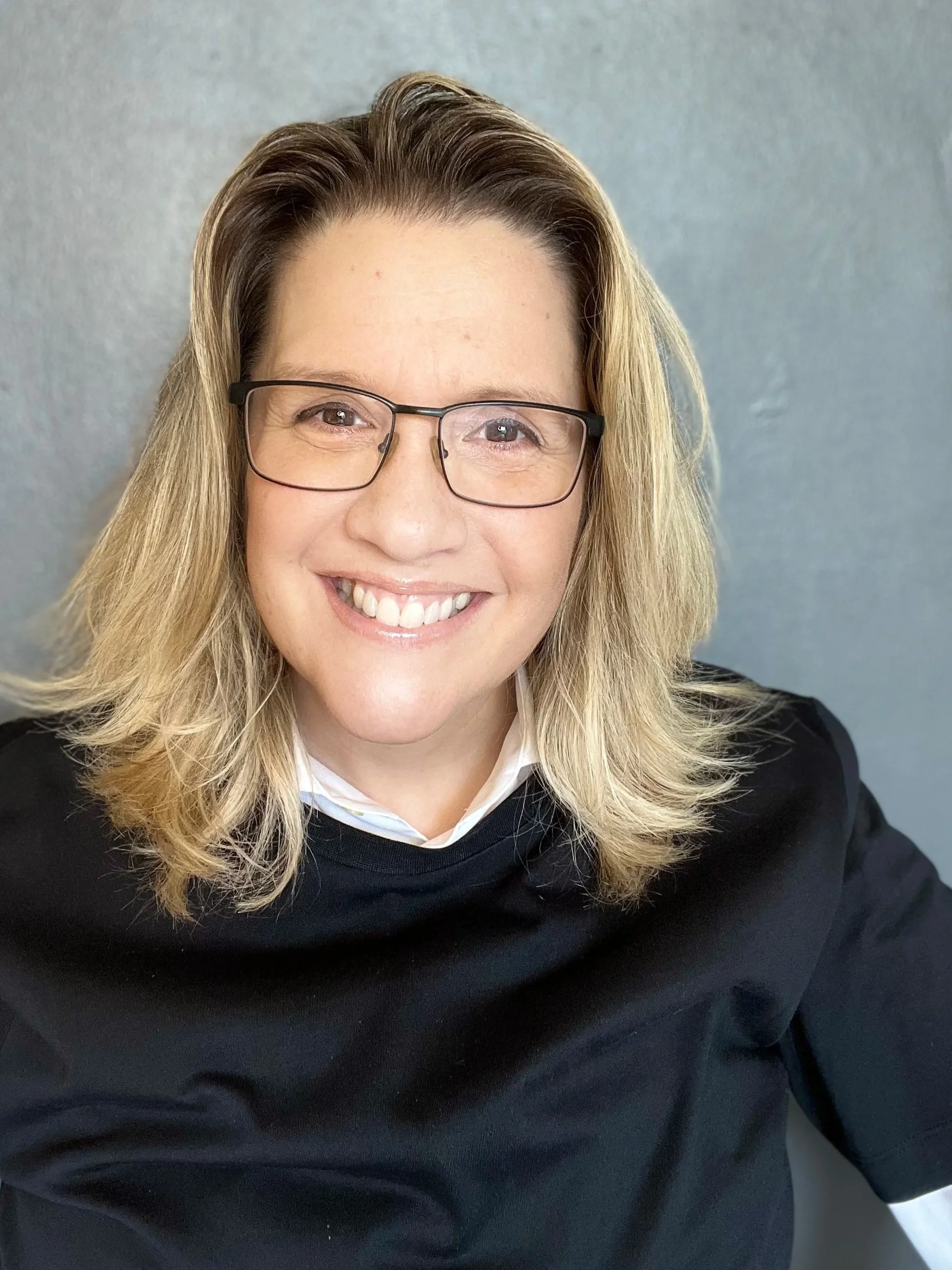8% of US Federal Funding for Cancer Research goes to Pediatrics
Almost 80% of children who survive cancer develop chronic health conditions after treatment. Secondary cancers are very common.
Only 5% of oncology drugs had a pediatric recommendation when they were first developed. Cancer drugs are not designed for children. Children’s bodies are not little adult bodies.
Nearly 16,000 children and adolescents in the United States will be diagnosed with cancer this year.
Childhood cancer rates have been rising in recent years, even though adult cancer rates have declined.
The truth is, pediatric cancer is not very good business. So while work is being done to develop new therapies aimed at treating cancer in children, the burden is being shouldered by a few devoted researchers, clinicians, and institutions. These new therapies will save lives.
This work can progress faster. The obstacle is money. We can change that.
Awareness
NTC campaigns aim to bring awareness to the shortfall of funding for pediatric cancer research, the needs of children and families, and the actions we can all take to help change lives.
Advocacy
NTC partners with the Leukemia & Lymphoma Society and the Dare to Dream project to support advocacy for legislation that funds the research and development of therapies for pediatric cancer, as well as legislation that supports quality of life for patients and survivors.
Support
NTC fundraising supports research and clinical trials in an effort to develop new therapies and treatment protocols that improve the quality of life and the long term prognosis for children with cancer.
About CAR-T Cell Therapy
The Green Marbles
We call CAR-T Cells “green marbles” - super-soldiers that are sent in to the body to fight the cancer cells, or red marbles.
One of the therapies NTC is proud to support is an immunotherapy known as “CAR-T Cells”.
CAR T-cell stands for Chimeric Antigen Receptor T-cell. These are genetically modified T-cells, engineered in a lab to express an artificial receptor that targets a specific antigen, or protein. These CAR-T cells can be “built” to target the surface proteins or markers on cancer cells.
The treatment begins with ordinary T-cells which are removed from the patient and genetically modified in the lab. These super-soldier T-Cells - now equipped with advanced weapons for fighting the specific cancer cells that are causing the patient’s disease are then reintroduced to the body - they are sent into battle. When these CAR-T Cells begin to win the war, they also start to multiply in the body, increasing the powerful response to the cancer cells.
CAR-T Cell therapy is improving - recent advances have allowed CAR-T Cells to live longer in the body, to continue working. Where this therapy was once thought of as a bridge - a way to get a patient to another solution, like a bone marrow transplant, CAR-T Cells are increasingly being thought about as a cure. For some patients, when a cancer relapse is treated with CAR-T Cells remission statistics are as high as 70% - and this is a far less toxic option than is available via chemotherapy or radiation.
Researchers are actively working on ways to move CAR-T Cell therapy into the forefront and to engineer cells to treat harder and more diabolical types of cancer, as well as expand the availability of these therapies around the world.
THE NTC TEAM
Founders
JJ Duncan
Stacey Book
Advisors
Dr. Rayne Rouce
Based on her clinical interests in leukemia and lymphoma, specifically how to harness the immune system to recognize and attack tumors, during fellowship Dr. Rouce embarked on a laboratory project that identified a previously undescribed mechanism of ALL immune evasion from NK cell surveillance. She has spent several years in the translational research laboratories of the Center for Cell and Gene Therapy (CAGT) in order to achieve her goal of becoming a clinical investigator conducting immunotherapy trials.
Associate Professor, Department of Pediatrics, Section of Hematology-Oncology, Baylor College of Medicine
Associate Director, Community Engagement, Office of Diversity, Baylor College of Medicine
Dr. Diane George
Diane George, MD cares for children and adolescents undergoing stem cell transplantation as a treatment for cancer (particularly leukemia and lymphoma), noncancerous blood disorders (like sickle cell anemia), and immunodeficiencies. She specializes in transplantation for patients who don't have a related bone marrow donor, and also takes care of patients undergoing autologous stem cell transplantation for solid tumors.
Assistant Professor of Pediatrics at Columbia University Medical Center
Mason’s Story
Our son Mason was 9 years old when he was diagnosed with T-Cell Acute Lymphoblastic Leukemia (ALL).
As we watched our brave boy fight nearly 2 years, we saw first hand how close the science is to being able to cure all the children like Mason.
Our son did not survive, but we believe in a future where every child will.
Throughout his treatment we used the slogan “Not Today Cancer'“ to cheer him on, and it has become our battle cry.
~ Stacey & JJ

